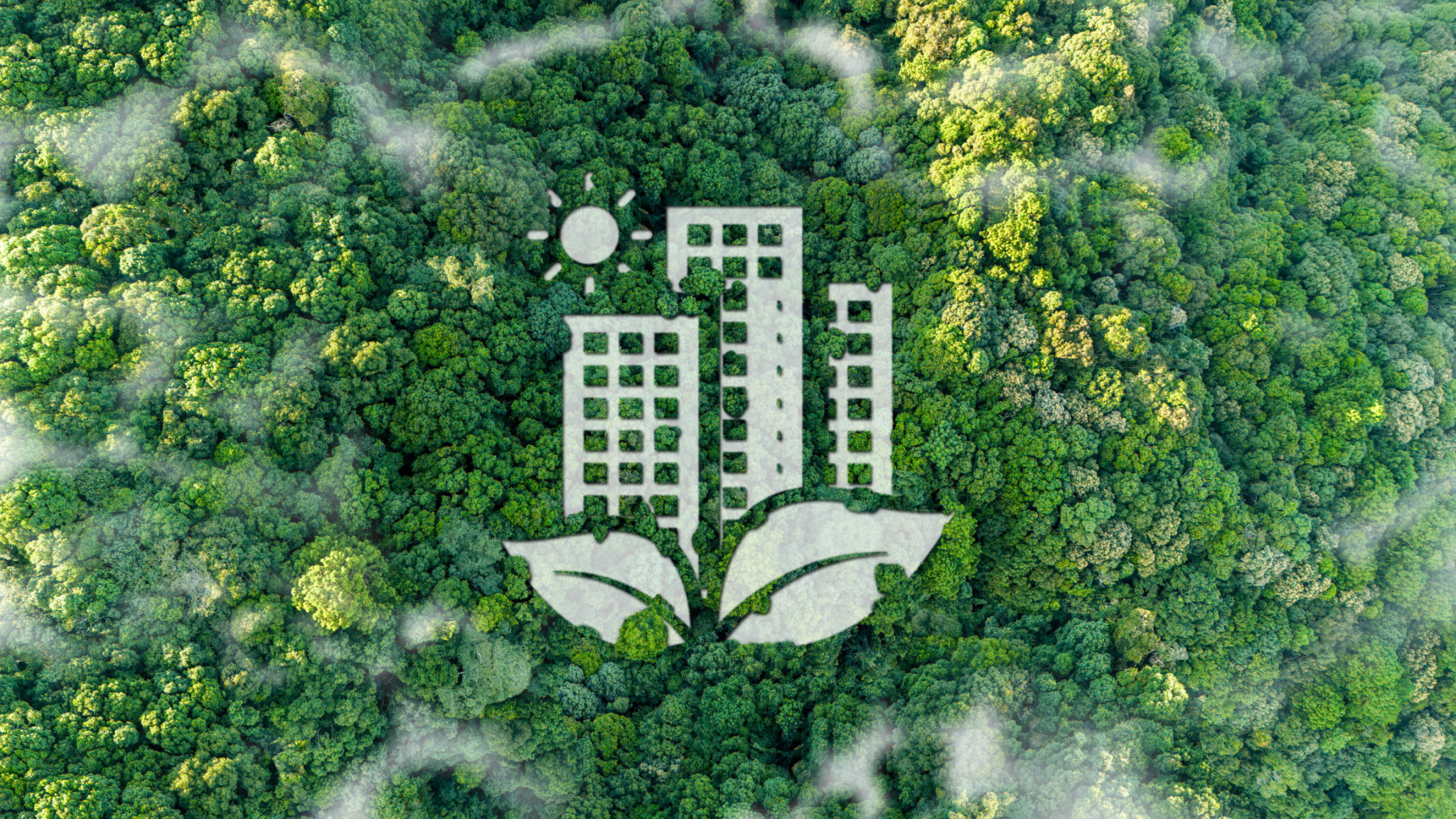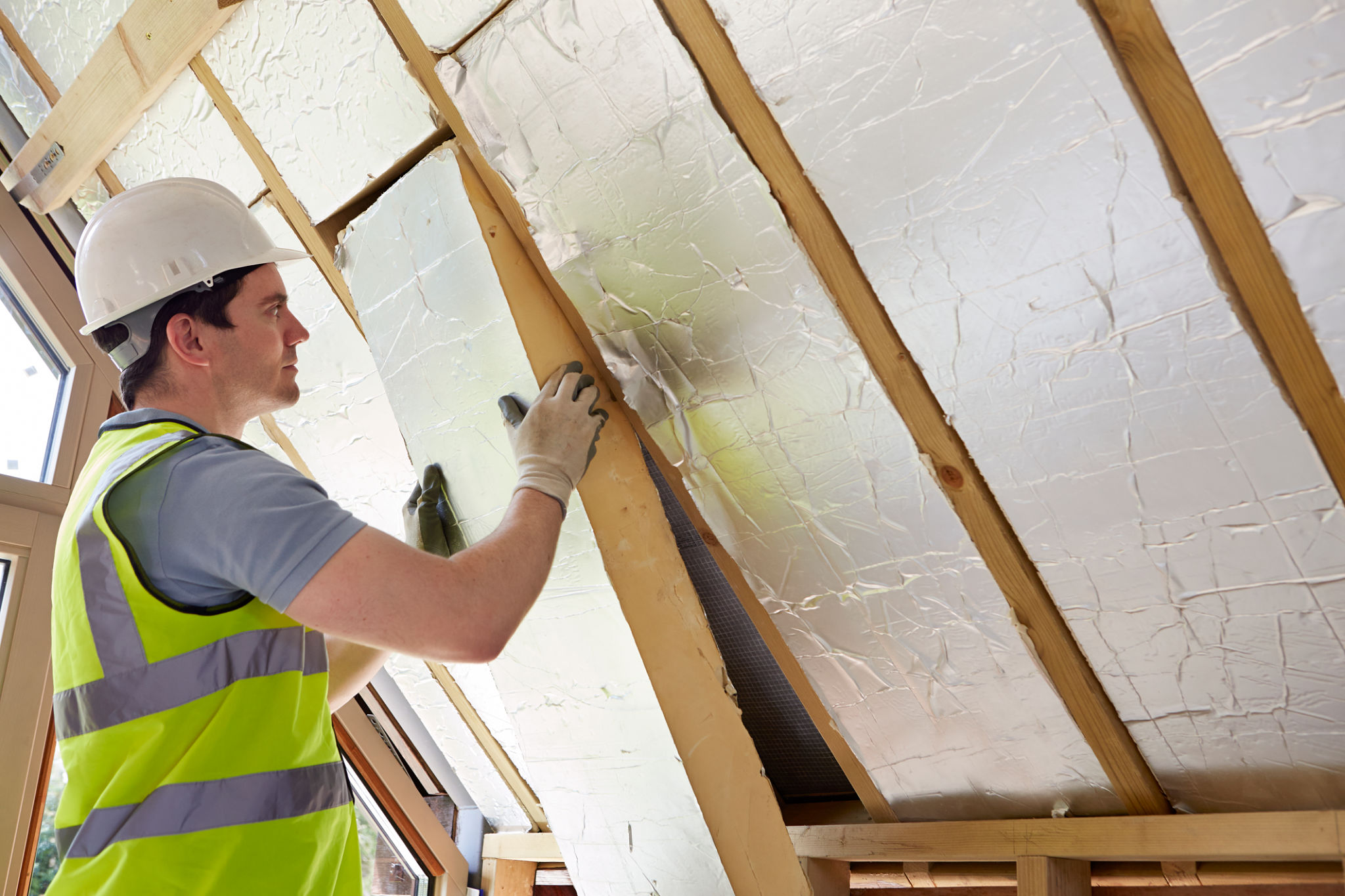Choosing Eco-Friendly Building Materials for Your Next Renovation
Why Choose Eco-Friendly Building Materials?
When planning your next renovation, one of the most impactful decisions you can make is to choose eco-friendly building materials. These materials not only contribute to a healthier environment but also provide numerous benefits for homeowners. By opting for sustainable options, you reduce your carbon footprint and often enjoy improved energy efficiency.
Eco-friendly materials often come from renewable resources or are designed to be recycled, which means less waste going to landfills. Additionally, using these materials can improve indoor air quality as they are typically free from harmful chemicals and toxins.

Popular Eco-Friendly Building Materials
Bamboo
Bamboo is a highly sustainable resource due to its rapid growth rate. Unlike traditional hardwoods, bamboo can mature in just a few years, making it an excellent choice for flooring, cabinetry, and even furniture. Its strength and flexibility make it a durable option that can withstand heavy use.
Recycled Metal
Recycled metal is an excellent choice for a variety of applications, such as roofing and structural support. By using recycled metal, you reduce the need for new raw materials, conserving energy and reducing greenhouse gas emissions. Plus, metal is incredibly durable and long-lasting.

Incorporating Reclaimed Wood
Reclaimed wood adds unique character and warmth to any renovation project. Sourced from old barns, factories, or warehouses, reclaimed wood is not only eco-friendly but also rich with history. Its durability makes it suitable for flooring, wall coverings, or custom furniture pieces.
The use of reclaimed wood helps conserve forests and reduces the demand for new timber. Additionally, it often requires less processing compared to new wood, which can further minimize environmental impact.
Benefits of Using Recycled Glass
Recycled glass is another innovative material that's gaining popularity in eco-friendly renovations. It can be used in countertops, tiles, and even decorative accents. By using recycled glass, you help reduce landfill waste and energy consumption associated with producing new glass products.

Recycled glass materials are available in a variety of colors and textures, providing plenty of design flexibility. Moreover, they are often highly durable and resistant to stains and scratches.
Energy Efficiency with Insulation
Proper insulation is crucial for energy efficiency in any home. Opting for eco-friendly insulation materials like cellulose or sheep's wool can significantly reduce energy consumption. These materials are not only sustainable but also offer excellent thermal performance and soundproofing qualities.
Cellulose insulation is made from recycled paper products, while sheep's wool is a natural fiber that is both renewable and biodegradable. Both options help maintain a consistent indoor temperature, reducing the need for heating and cooling systems.

Conclusion
Choosing eco-friendly building materials for your renovation projects is a smart way to contribute to environmental sustainability while enhancing your living space. With options like bamboo, reclaimed wood, recycled metal, and more, you can create a beautiful and sustainable home that benefits both you and the planet.
As you plan your renovation, consider the environmental impact of your choices and explore the vast array of sustainable materials available today. Making informed decisions will not only improve your home's performance but also support a healthier planet for future generations.